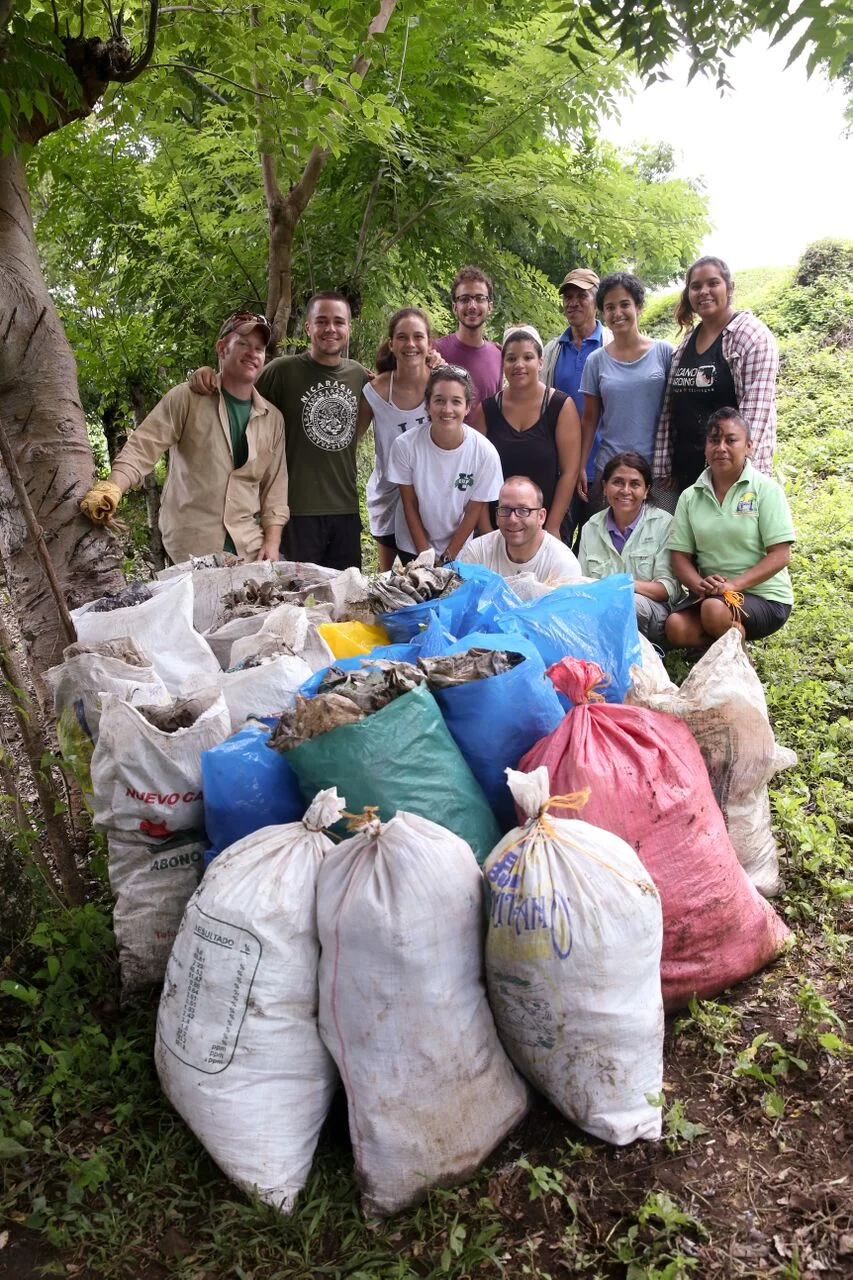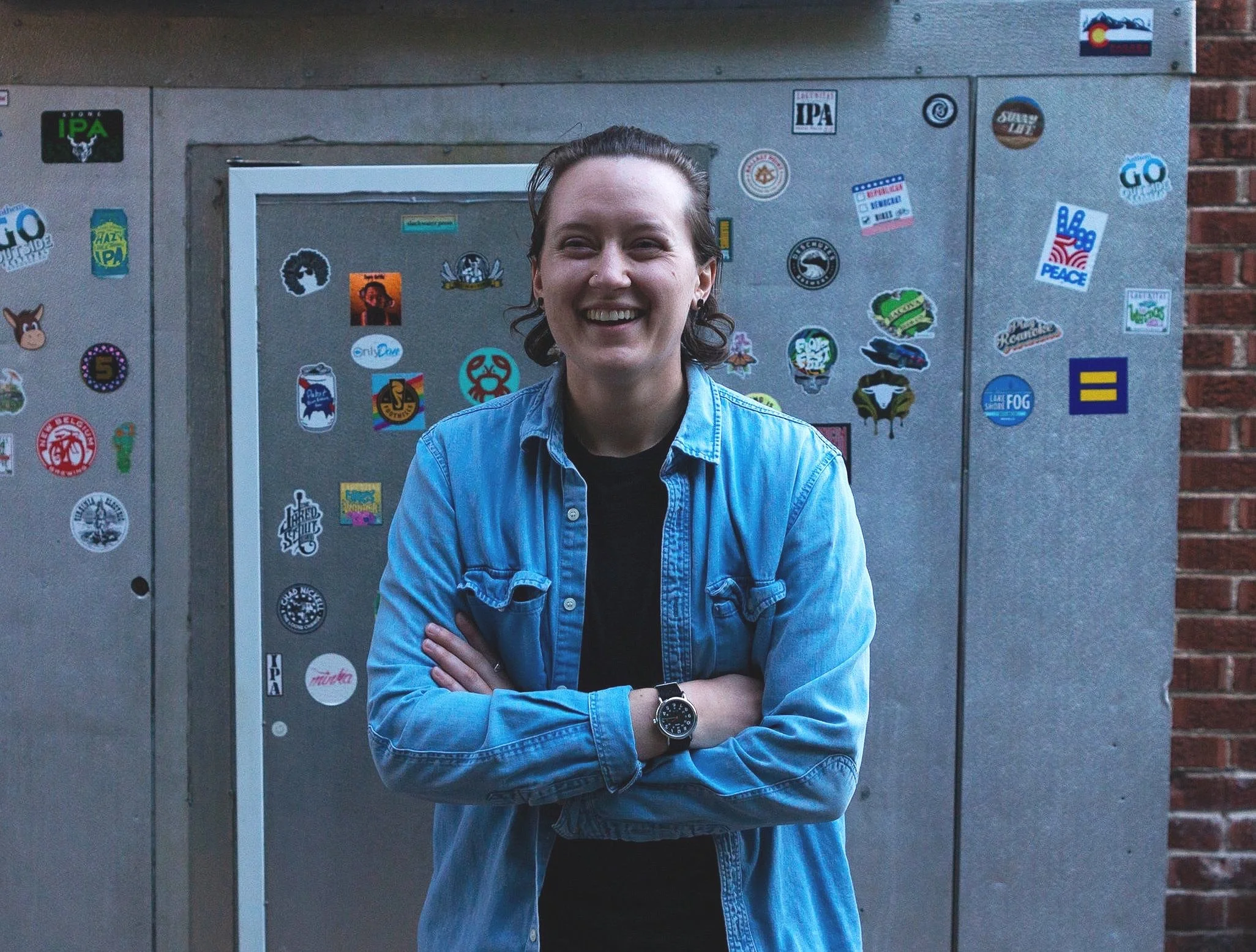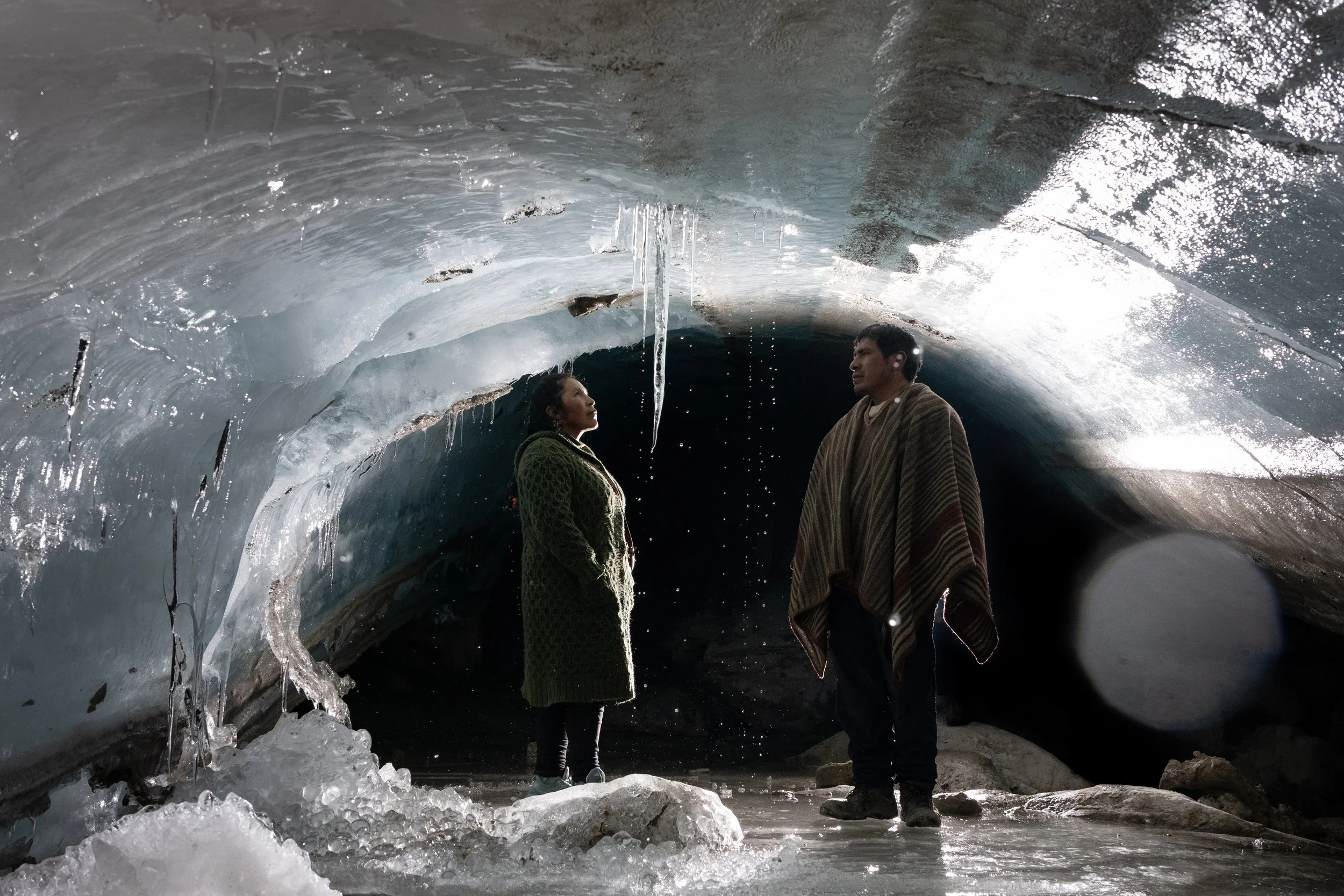Nicaragua is a multi-cultural nation in Central America. Beautiful but potentially dangerous volcanoes border the colourful colonial-era cities that bustle with the sounds of busy market places and tropical birds. But volcanoes are not the only threat this country faces.
PHOTO: Victoria Lodi
Casa Nica is an organization based in the city of Masaya. They offer many programs including agricultural and health courses, but arguably their most important project is teaching English to Nicaraguans.
Why is this important? “We founded Casa Nica because we wanted it to be an education, we have seen how important it is to start early with the kids,” said Elliot Cooper, one of the organization's cofounders.
PHOTO: Victoria Lodi
Access to education for many citizens, is unachievable. While primary education in Nicaragua is free, the quality standards are questionable at best. And what currently stands in for a national education system, is now crumbling. A 2012 UNICEF report, the last thorough data set on education in Nicaragua, indicated that participation by females stood at 46 per cent, and just 35 per cent for males. These statistics are detrimental to a developing country, whose future relies on an educated population.
PHOTO: Victoria Lodi
The ability to speak English can open up many doors for Nicaraguans. It can inspire and embolden efforts for development, and provides students with the skills to apply for better paid jobs, in sectors such as administration or customer service. Higher paying jobs equals higher spending power, which in turn, bolsters the overall economy. This is vital considering that the World Bank named Nicaragua as one of the least developed countries in South America.
PHOTO: Victoria Lodi
Josh Allsup and Elliot Cooper founded Casa Nica together in 2010, using their considerable years of experience volunteering and working abroad. Volunteers who wish to work with their organization simply contact Casa Nica with their interest, and Josh or Elliot place them in an area that would suit their talents. The opportunity for personal growth is one of the many reasons volunteers choose to spend time at Casa Nica.
“We’re looking for people who have decided what they want to do… people who are as passionate about it as we are, to brainstorm with local leaders on how to change Nicaragua,” said Allsup.
PHOTO: Victoria Lodi
Click here to learn more about Casa Nica and how you can help.
















